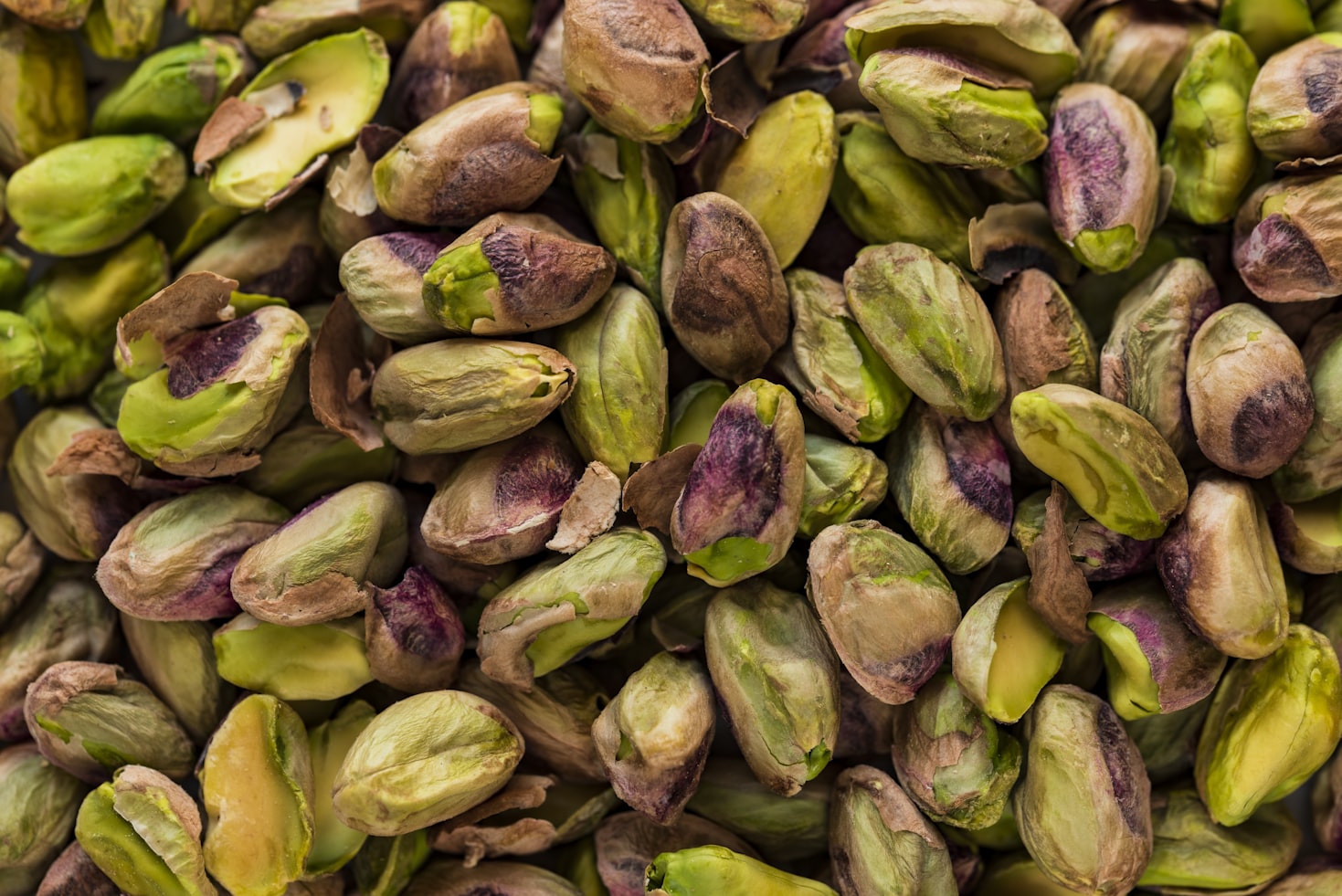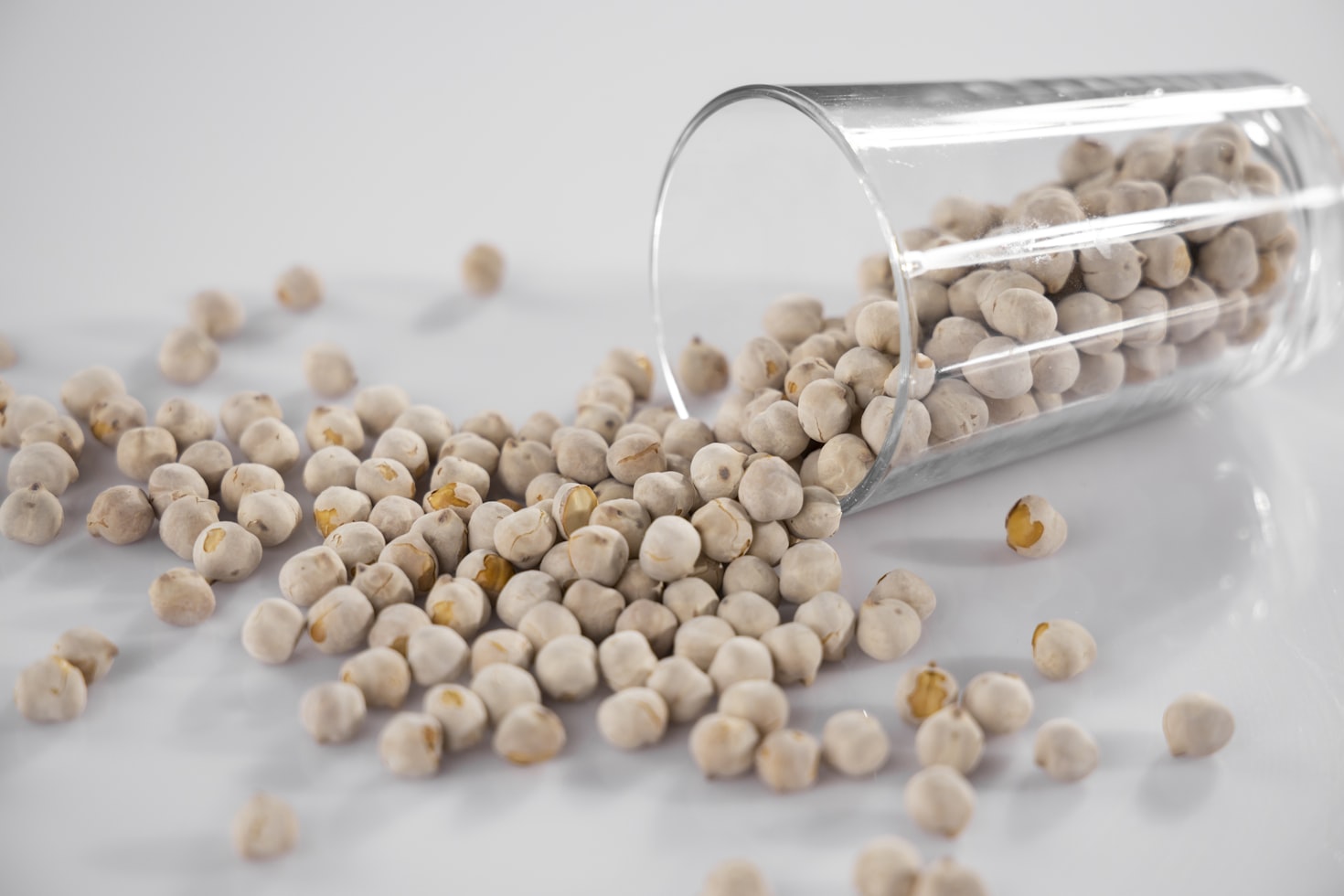Is Coconut Sugar Keto Friendly?
Coconut sugar has gained popularity in recent years as a natural alternative to refined sugar. It is derived from the sap of coconut palm trees and is often marketed as a healthier sweetener option. However, for individuals following a ketogenic diet, which is low in carbohydrates and high in fat, the question arises: Is coconut sugar keto friendly? In this article, we will explore the nutritional composition of coconut sugar, its impact on ketosis, and provide insights to help you make an informed decision.
The Nutritional Composition of Coconut Sugar
Coconut sugar is primarily composed of sucrose, which is a disaccharide made up of glucose and fructose. It also contains small amounts of other nutrients such as minerals, antioxidants, and fiber. Compared to regular table sugar, coconut sugar has a slightly lower glycemic index, meaning it causes a slower rise in blood sugar levels.
However, it is important to note that coconut sugar is still high in carbohydrates. One teaspoon of coconut sugar contains approximately 4 grams of carbohydrates, all of which come from sugar. This can add up quickly, especially for individuals following a strict ketogenic diet that typically limits daily carbohydrate intake to around 20-50 grams.
The Impact of Coconut Sugar on Ketosis
Ketosis is a metabolic state in which the body primarily uses fat for fuel instead of carbohydrates. To achieve and maintain ketosis, it is crucial to keep carbohydrate intake low. Consuming coconut sugar, with its high carbohydrate content, can potentially disrupt ketosis and hinder progress towards reaching or maintaining this state.
When carbohydrates are consumed, they are broken down into glucose, which is the body’s preferred source of energy. In the presence of glucose, insulin is released to help transport it into cells for energy production. This insulin response can inhibit the production of ketones, which are the byproducts of fat metabolism.
Furthermore, the fructose content in coconut sugar can also pose challenges for those following a ketogenic diet. Fructose is metabolized differently than glucose and has been linked to increased liver fat accumulation and insulin resistance when consumed in excess. These effects can hinder weight loss and metabolic health, which are often the goals of individuals on a ketogenic diet.
Alternatives to Coconut Sugar on a Keto Diet
If you are following a ketogenic diet and looking for sweetener alternatives to coconut sugar, there are several options that are more compatible with the diet’s principles. These include:
- Stevia: Stevia is a natural sweetener derived from the leaves of the Stevia rebaudiana plant. It has zero calories and does not raise blood sugar levels, making it a popular choice for those on a keto diet.
- Erythritol: Erythritol is a sugar alcohol that provides sweetness without the calories or impact on blood sugar levels. It is commonly used in keto-friendly recipes and has a similar taste to sugar.
- Monk Fruit Extract: Monk fruit extract is derived from the monk fruit and contains natural compounds that provide sweetness without the calories or carbohydrates. It is a suitable option for those following a ketogenic diet.
Frequently Asked Questions (FAQ)
1. Can I use coconut sugar in moderation on a keto diet?
While it is possible to use coconut sugar in moderation on a keto diet, it is important to be mindful of your overall carbohydrate intake. Even small amounts of coconut sugar can contribute to your daily carbohydrate limit, potentially hindering ketosis.
2. Does coconut sugar have any health benefits?
Coconut sugar does contain small amounts of minerals and antioxidants, which may provide some health benefits. However, these nutrients can also be obtained from other sources without the high carbohydrate content of coconut sugar.
3. Can I use coconut sugar as a substitute for regular sugar in baking?
Coconut sugar can be used as a substitute for regular sugar in baking, but it may alter the texture and taste of the final product. It is important to note that the carbohydrate content remains the same, so it should still be used sparingly on a keto diet.
4. Are there any keto-friendly sweeteners that taste similar to coconut sugar?
Erythritol and monk fruit extract are two keto-friendly sweeteners that have a similar taste to coconut sugar. They can be used as substitutes in recipes without significantly impacting blood sugar levels or ketosis.
5. Can coconut sugar be part of a balanced diet outside of ketosis?
For individuals who are not following a ketogenic diet, coconut sugar can be part of a balanced diet when consumed in moderation. However, it is still important to be mindful of overall sugar intake and prioritize whole, nutrient-dense foods.
6. Are there any potential side effects of consuming coconut sugar?
While coconut sugar is generally considered safe for consumption, it is important to note that it still contains sugar and calories. Consuming excessive amounts of coconut sugar, like any other sweetener, can contribute to weight gain, blood sugar imbalances, and other health issues.
Summary
While coconut sugar may be marketed as a natural and healthier alternative to refined sugar, it is not considered keto friendly due to its high carbohydrate content. For individuals following a ketogenic diet, it is recommended to opt for sweeteners such as stevia, erythritol, or monk fruit extract, which have minimal impact on blood sugar levels and ketosis. As with any sweetener, moderation is key, and it is important to prioritize whole, nutrient-dense foods in a balanced diet.





